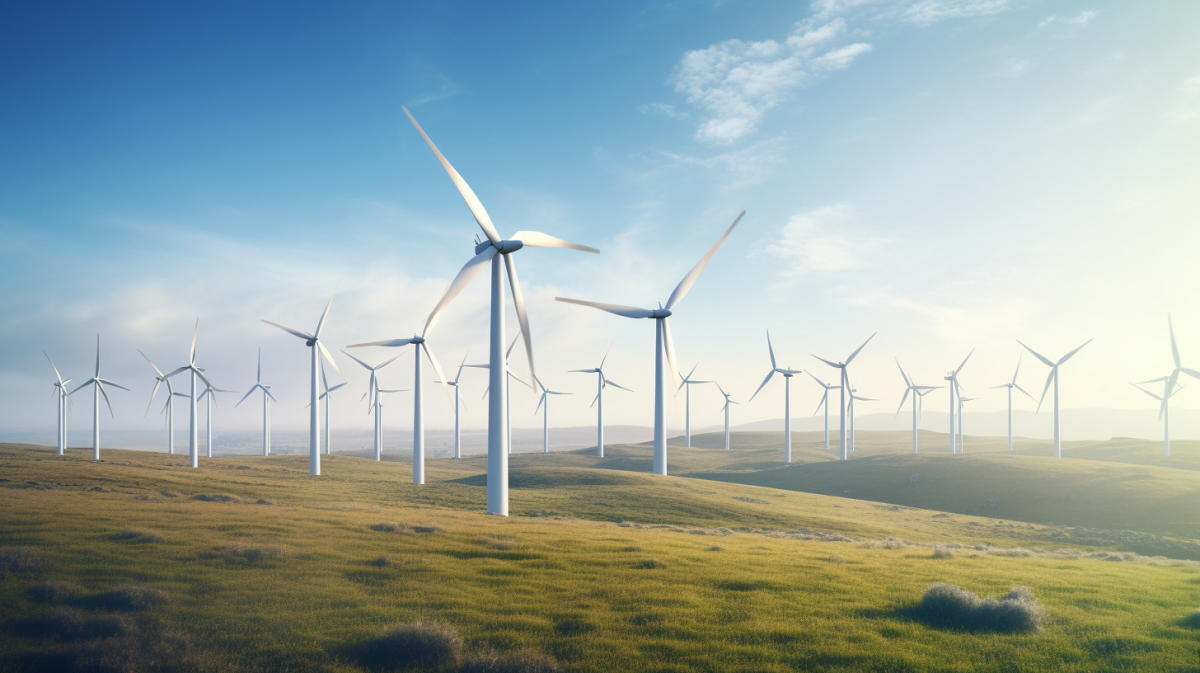Infra
Study calls US infrastructure spending a “climate time bomb”

An aerial view of the Interstate 4 and State Road 408 interchange in downtown Orlando.Paul Hennessy/ZUMA
This story was originally published by the Guardian and is reproduced here as part of the Climate Desk collaboration.
Roads, roads, and more roads. The US is continuing to spend billions of dollars on expanding enormous highways rather than fund public transport, with a landmark infrastructure bill lauded by Joe Biden only further accelerating the dominance of cars at the expense, critics say, of communities and the climate.
Since the passage of the enormous $1.2 trillion bipartisan infrastructure law in 2021, hailed by Biden as a generational effort to upgrade the US’s crumbling bridges, roads, ports and public transit, money has overwhelmingly poured into the maintenance and widening of roads rather than improving the threadbare network of bus, rail and cycling options available to Americans, a new analysis has found.
Of reported funds dispersed to states, more than half—around $70 billion—have been spent on the resurfacing and expansion of highways, a process that researchers have consistently found only spurs greater use of cars and therefore more congestion. Just a fifth of the money has gone so far to public transit, with much of the remainder also facilitating more car driving, such as the refurbishment of bridges.
This spending is a “climate time bomb,” according to the new Transportation for America analysis, which calculates that more than 178 million tons of greenhouse gases will be emitted due to planned highway expansions by 2040, only slightly offset by emissions-reducing measures that also stem from the bill.
“We’re seeing investments that are not too conscious of the climate across the board from states,” said Corrigan Salerno, policy associate at Transportation for America, a transport policy group. “Nothing is fundamentally changing in terms of modes of transport. This much money going into highway expansion is, for one, a liability into the future, and two, it just doesn’t work. We’ve been expanding highways for decades on decades, and everyone consistently finds themselves stuck in traffic.”
Funding from the federal government has been given to states with broad flexibility on how to use it and state authorities, by and large, have chosen to persist with car-centric infrastructure. The Biden administration’s department of transportation did advise states to prioritize road repair, rather than expansion, and to bear in mind communities, usually of color, that have been severed by highways and are subjected to the resulting air pollution.
However, this stance prompted a backlash from Republicans in Congress and been mostly overlooked by states such as Texas and even California, considered a progressive bastion of climate policy, that have pushed ahead plans to add more and more lanes to highways.
“So much of the decision making falls to state departments of transportation,” said Mary Buchanan, research and policy manager at TransitCenter, a foundation that aims to improve public transit in the US. “There are essentially 50 opportunities to get this right, I guess, or to potentially get it wrong, in terms of how money is being spent.”
The result is that the US will generate more emissions from transport, already its largest source of planet-heating gases, as a result of the infrastructure bill than if it hadn’t passed, according to Salerno. “You have to essentially walk down this giant cliff of emissions that we’re creating into the future because once these highways are built, there’s not really an easy way back from that,” he said.
The US’s fixation with hulking roads—along with the growth of supersized cars that are responsible for about 40,000 deaths a year in accidents, a toll that has ticked up in recent years—has led to calls for a rethink. This month, around 200 climate, biking and walkability groups called for a national moratorium on highway expansions due to the ills they bring.
“The highway system we have built in our country is unsustainable, both financially and environmentally, and disproportionately harms low-income and Black and brown communities,” an open letter from the coalition says.
There is little sign of improved fortunes for public transport, however. Rail and bus services were badly hit during the Covid pandemic, with a lack of commuter revenue causing headaches for several city systems seeking to cover their basic operational costs.
Some jurisdictions, meanwhile, appear openly hostile to non-car options. Lawmakers in Indiana this week moved to ban dedicated bus lanes in Indianapolis, while officials in Miami Beach recently rejected a plan to extend a rail line to help alleviate congestion. It was also recently announced the 2026 World Cup final will be held at the MetLife stadium in New Jersey, a facility to which patrons are advised not to walk because the approaches are too dangerous because of cars.
Buchanan said the coverage of public transit remains “disparate” across the US and the funding of it requires a new approach from states.
“If states continue to spend this new money in the same ways that they’ve spent it in the past, we will continue to expand highways and really cement ourselves to our car oriented kind of way of getting around,” she said. “So it’s a very pivotal moment. There’s definitely an opportunity for our emissions from the transportation sector to really increase as a result of these infrastructure bills, which would be really bad.”
A US department of transportation spokesman said the Biden administration has taken the “strongest actions of any administration in history to reduce carbon pollution in transportation with the largest investment in public transit in American history, the largest investment in passenger rail since the inception of Amtrak, record levels of funding to support active transportation—like walking and biking—and historic investments in zero-emission buses, electric vehicles, and charging infrastructure.”










